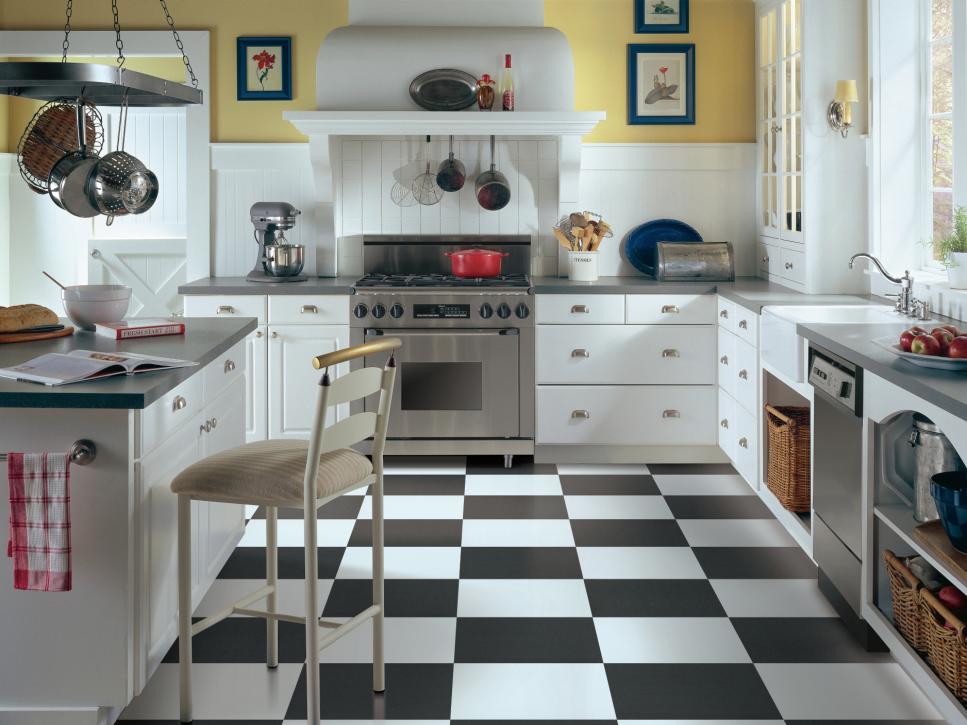Drywall, a common construction material, plays a fundamental role in the walls and ceilings that define interior spaces. While many people assume that drywall is the same everywhere, there are specific characteristics that differentiate commercial and residential drywall Collingwood. Understanding these nuances allows contractors to work more effectively with the material and better address the needs of each space.
Aesthetics
The visual appearance of a wall is important to the overall appearance of any space. For this reason, it is vital to choose a texture that will enhance the design of the space while maintaining a high standard of quality. In addition to promoting a clean and sleek appearance, choosing the right texture is essential to creating acoustic integrity.
Water Damage
When constructing a home or commercial space, it’s crucial to prevent water from seeping into the walls and causing moisture damage. Moisture damage not only weakens the structure but can also result in a host of other issues, including mold growth and sagging walls. To prevent moisture damage, it’s crucial to use a waterproof barrier and apply a water-resistant finish to the drywall.
High-moisture areas like bathrooms and kitchens require a different type of drywall to withstand the unique challenges of these environments. In these cases, it’s best to choose a product that is specifically formulated for high-moisture environments. This type of drywall is made with a thicker core and features a special face material to ensure durability in high-traffic areas.
Fire Safety
Commercial projects often require more durable materials to meet stringent fire code requirements. In many cases, this means using steel stud framing rather than wood and installing fire-rated gypsum board in walls and ceilings. In addition, fire-resistant drywall is specially treated with a paper liner and vapor retarder to protect the building and limit toxic smoke and fumes in the event of a fire.
Soundproofing
Unlike residential buildings, which typically focus on aesthetics, acoustic performance is an important consideration in commercial buildings. Proper acoustic control can enhance productivity and speech intelligibility, as well as the comfort of occupants. Taking acoustical aspects into account during the drywall installation process can help reduce the need for costly repairs and improve overall efficiency.
Costs
The upfront costs associated with a drywall project can have a significant impact on the budget. Higher-grade drywall is more likely to be durable and resistant to damages, reducing maintenance expenses and extending the life of the building. This can ultimately save businesses money in the long run by lowering repair costs and minimizing downtime.
When it comes to drywall, there are a wide variety of options to suit the specific needs of each project. By assessing the details of each space and understanding the differences between the various types of drywall available, contractors can make informed choices that will contribute to an efficient and effective project.
Grey County Drywall
greycountydrywall.ca
info@greycountydrywall.ca
(647) 625-2013





